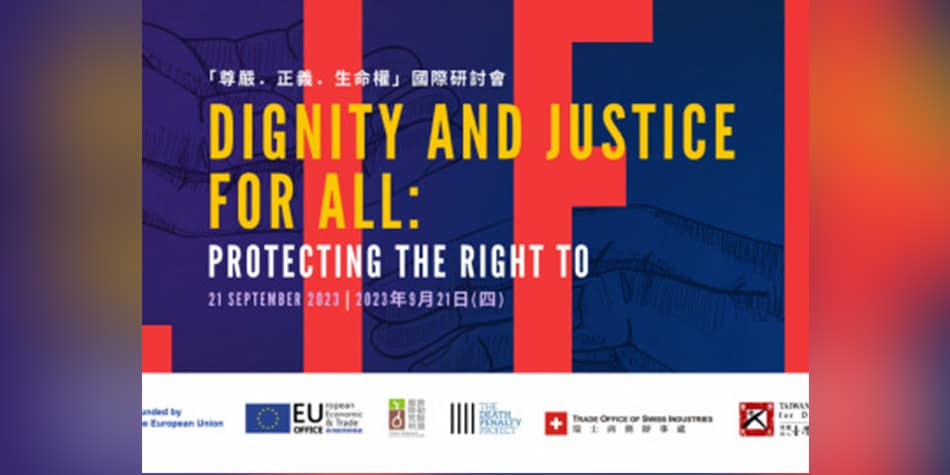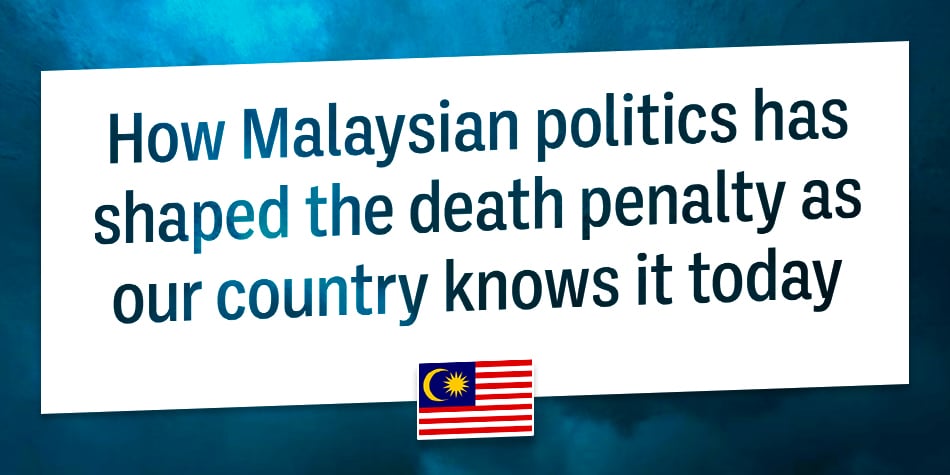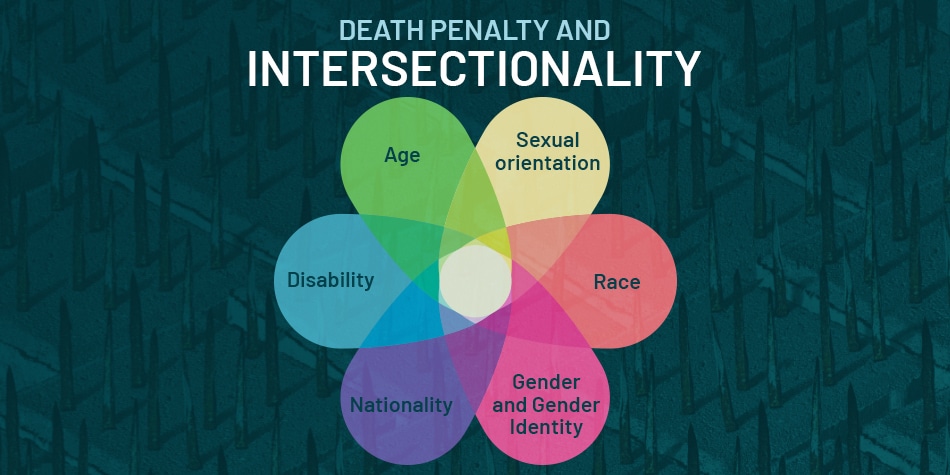Indonesian activists face upward death penalty trend
Asia
The year 2008 was a dismal one for opponents of the death penalty in Indonesia. At least ten people were executed, almost equalling the number of executions in Indonesia during the preceding decade, and the Constitutional Court rejected a challenge to the method of execution. Despite those setbacks, a small group of dedicated Indonesian abolitionists keep up their campaign.
Some recent capital cases have attracted widespread protest in Indonesia. Demonstrations and media controversy preceded the executions of three of the Bali bombers in 2008 and those of three Catholic men in 2006 in connection with the Poso conflict. However, most opposition derived from the specific background of those cases rather than from a rejection of the death penalty.
Yet a small but committed abolitionist movement is working to end capital punishment in Indonesia. It centres on human rights NGOs, religious figures and certain academics.
“We had hoped that after the reform movement in 1998 it would be easy to get rid of the death penalty,” Rusdi Marpaung, managing director of Imparsial and a member of the Coalition for the Abolition of the Death Penalty, said recently. “But it didn’t turn out to be the case. The Criminal Code left by the Dutch remained in place.”
Failed legal challenges to capital punishment
Two setbacks in the Constitutional Court have left the abolitionist movement with few options.
In 2008, the Court unanimously upheld the constitutionality of execution by firing squad. Lawyers acting for the Bali bombers had charged that it did not guarantee instant death, and so amounted to torture. In rejecting the challenge, the Court agreed with the government’s argument that the pain caused by execution was merely an inevitable by-product of the lawful act of executing a prisoner.
In 2007, the Constitutional Court rejected a challenge to the death penalty in narcotics cases brought by three Australians sentenced to death for drug offences and two Indonesian applicants.
The Court reasoned that while the Indonesian constitution guarantees the right to life, it also restricts an individual’s rights to protect the rights of others. The Court ruled that such restrictions apply to drug-trafficking offences.
Three of the nine justices filed dissenting opinions on the constitutionality of the death penalty. But only one of these judges is still on the court today.
Revisions to the Criminal Code
Activists could also lobby for the death penalty to be abolished as part of ongoing revisions to the Criminal Code. Here, too, the prospects are poor.
Two members of the drafting team for the new law testified in the Constitutional Court that they had decided to retain the death penalty for the same offences to which it currently applies.
One key change that the drafters did say will be included in the new code is that judges will be able to set a 10-year probation period as part of a death sentence, after which the sentence would either be commuted or carried out based on the behaviour of the prisoner in the intervening period. Any such change must still be debated by the parliament.
Support for the death penalty
The death penalty appears to enjoy widespread support in Indonesia, both in government ranks and among the general public. Media polls typically show around 75 per cent support for capital punishment.
The Indonesian government has also repeatedly stated its firm support for retention of the death penalty. In its submission to the Constitutional Court case on capital punishment for narcotics crime, the government argued that the weak state of Indonesia’s law enforcement bodies meant that abolishing the death penalty would worsen the law and order situation in Indonesia, and send the wrong message to drug dealers.
Ironically, opponents of the death penalty cite the same facts in arguing for abolition. To retain the death penalty when Indonesia’s legal system is so weak, the applicants in the Constitutional Court case submitted, runs the risk that innocent people will be wrongly convicted and executed.
Meanwhile, the courts continue to hand down death sentences at a swift rate, with at least 14 people added to death row in 2008. With almost twice as many people on death row as have been executed in the past 30 years, Indonesia will soon have to conduct a lot more executions or commute many or all of these sentences.
Dave McRae (dgmcrae gmail.com)
For more information on the death penalty in Indonesia, click here to read the original article on Inside Indonesia‘s website







